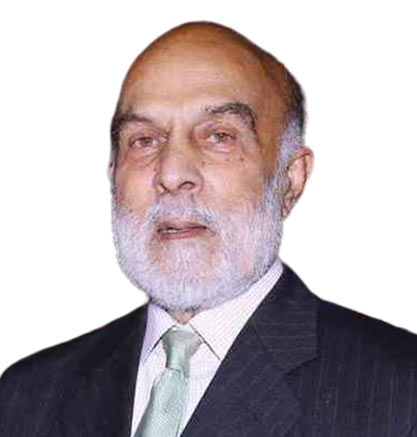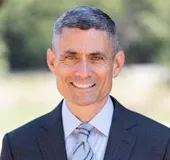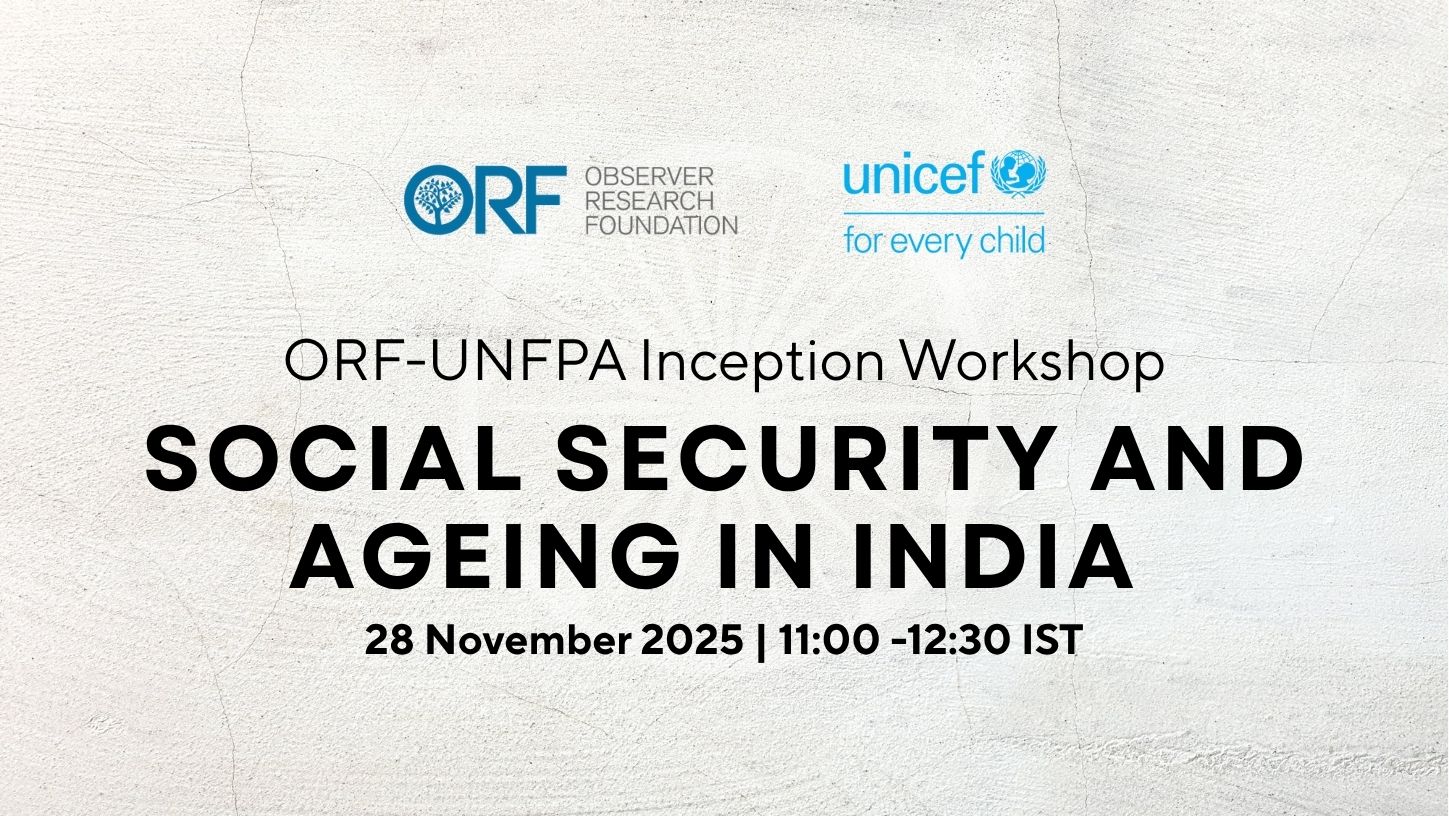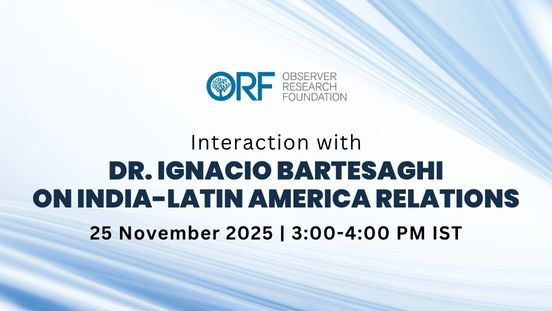-
CENTRES
Progammes & Centres
Location
In 18 months, Chhattisgarh’s DRG, a special force, has dealt crippling blows to Maoists, killing top leaders and reclaiming strongholds once deemed impenetrable. ...
Strategically positioned, Northeast India holds untapped potential in trade, connectivity, and climate action amid persistent development challenges. ...
India’s NEP 2020 and the FLN mission place foundational skills at the heart of education reform—pushing for real equity as the cornerstone of national development. ...
Five years into NEP 2020, how far has India turned its global education ambitions into reality? ...
Five years on, NEP’s core pillar—the National Curriculum Framework—faces criticism for sidelining states and stoking fresh federal tensions. ...
Five years on, NEP 2020’s medical education reforms reveal a system in flux—expanding in scale, nudging towards equity, yet still grappling with entrenched divides ...
If vocational education is implemented with equity at its core, NEP 2020 can serve as a strategic lever to boost women’s participation in the workforce. ...
The NEP set the vision. Now it’s time for India’s education financing models to catch up. ...
As India marks 5 years of its National Education Policy, a significant number of children across the country continue to face barriers in accessing formal education. ...
India’s early learning revolution is gaining momentum under NEP 2020, but unlocking its full potential requires quality, investment, and urgency. ...
NEP 2020 reimagines vocational education—not as a fallback, but as a foundation—bringing skills, dignity, and choice into every child’s learning path. ...
India’s vision for Viksit Bharat@2047 hinges on empowering youth-driven think tanks that translate academic insight into actionable policy. ...
India’s schools have taken early steps to implement NEP’s health provisions, but gaps in execution continue to hinder the promise of holistic student well-being. ...
Five years into the National Education Policy 2020, India’s multilingual promise faces a global test: how to uphold mother tongue education while equipping learners with English proficiency. ...
To meet rising copper demand for its energy transition, India must tackle technological and structural hurdles in scrap refining, formalise its informal recycling sector, and build a resilient circular copper economy. ...
Rising political costs in India go far beyond elections—candidates now invest heavily in visibility, mobilisation, and digital presence year-round. ...
With top leaders neutralised and territories reclaimed, India’s Maoist insurgency is in retreat—but only sustained governance can prevent its return. ...
Indigenous innovation, targeted incentives and high-tech collaboration must shape the nation’s defence sector in an era of heightened global uncertainty. ...
The delimitation exercises in Assam and Jammu and Kashmir demonstrate that achieving political equality requires more than equal population counts: we must also account for geography, demography, accessibility, and population density to meet the constitutional commitment to effective representation ...
As India transitions from coal to renewable energy, gender-sensitive skill development is essential to ensure that women are not left behind in the emerging green economy ...
While the GBGA promises participatory and efficient urban governance, its provisions centralise power, weaken local bodies, and risk reversing the spirit of constitutional decentralisation ...
The banned Popular Front of India (PFI) is quietly reviving through its political wing, the SDPI, expanding its cadre and outreach across multiple states ...
India’s fast-growing AI startup scene, driven by pride and potential, now stands at a turning point. Policy and planning will define what comes next ...
Decentralising income tax revenue could turn India’s 250,000 local councils into growth engines—delivering equity, efficiency, and resilience ...
As India mourns the Pahalgam victims, pressure mounts for a strong response. The strategic and political fallout has only just begun. ...
Highlighting the divide between chemical security and safety, the Bhopal gas tragedy continues to serve as a cautionary tale for strengthening secured chemical warfare in India. ...

Rear Admiral K. Raja Menon (Retd) is a career naval officer and submarine specialist who commanded seven ships and submarines during his service. He retired in 1994 as the Assistant Chief of Naval Staff (Operations). ...
Read More +
S. Paul Kapur is currently on leave from ORF and is serving as Assistant Secretary of State for South and Central Asian Affairs at the U.S. Department of State. Between 2020-2021, Mr Kapur served on the State Department’s Policy Planning Staff, ...
Read More +
